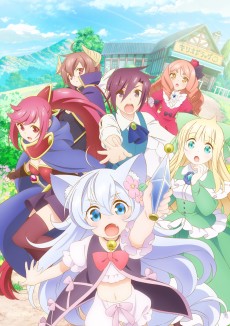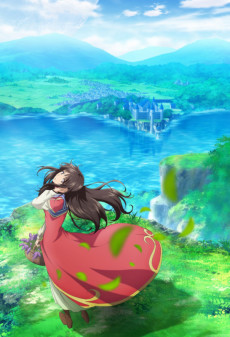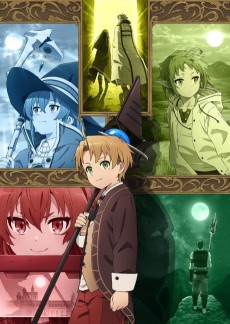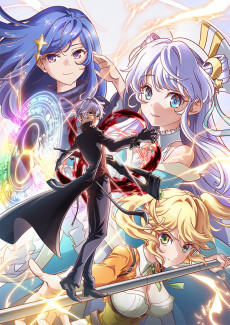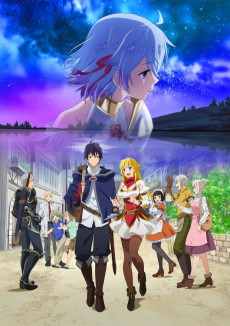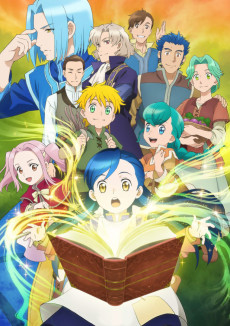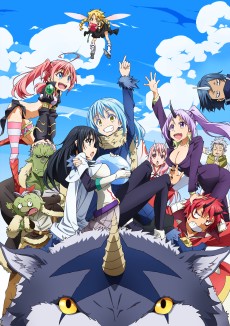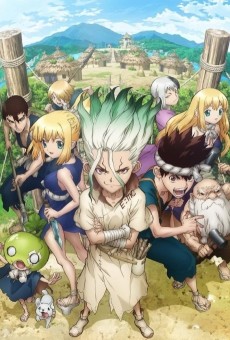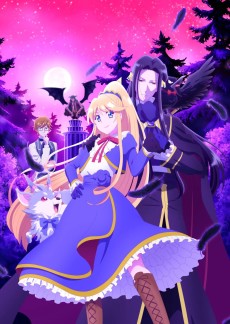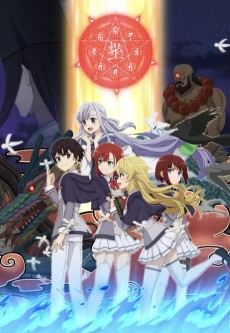ISEKAI YAKKYOKU
STATUS
COMPLETE
EPISODES
12
RELEASE
September 25, 2022
LENGTH
24 min
DESCRIPTION
A young pharmacologist and researcher in Japan died from overworking, and was reincarnated in a Medieval Parallel Europe. He was reincarnated as a 10-year-old apprentice to a famous Royal Court pharmacist, had attained an inhuman skills of ability to see through disease, material creation, and material destruction.
In a society in which dubious medical practice are rampant, price gouging thru the monopoly of the pharmacist guild, and good medicine aren't available to the commoners. He was recognized by the Emperor at that time and opened a Pharmacy at the corner of the town. He will wipe out the fraud that has swept the world, and deliver to the commoners a truly effective medicine that was developed using present day pharmacology. Thus the boy pharmacist will cheat by using his previous knowledge to create innovative medicines while helping the people of the parallel world, a story about living his new life to the fullest this time.
CAST
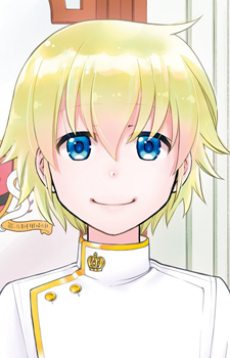
Pharma de Médicis
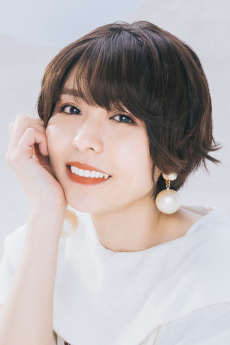
Aki Toyosaki
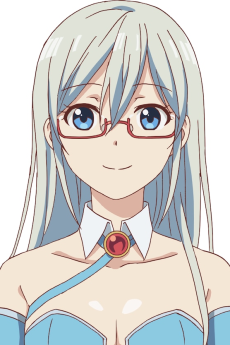
Eléonore Bonnefoi
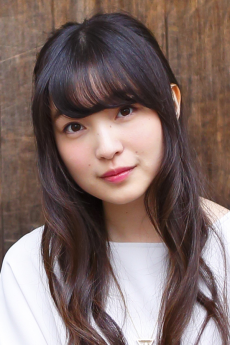
Reina Ueda
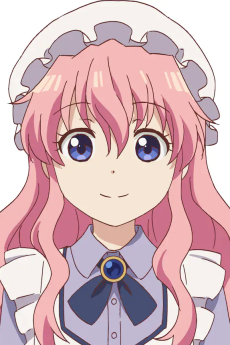
Charlotte Soller
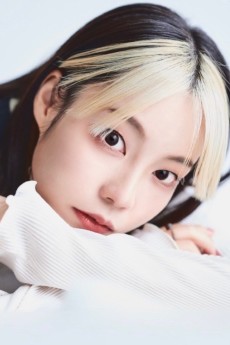
Kaede Hondo
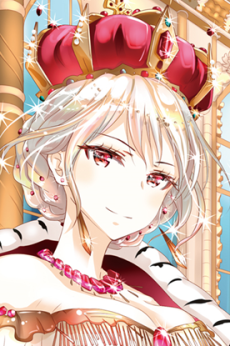
Élisabeth II
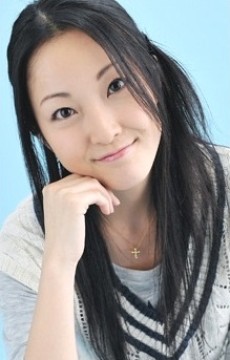
Shizuka Itou
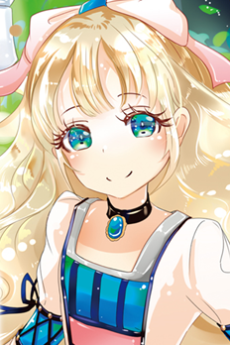
Blanche de Médicis
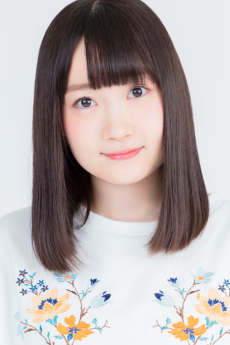
Maria Naganawa
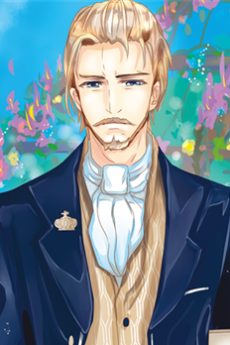
Bruno de Médicis
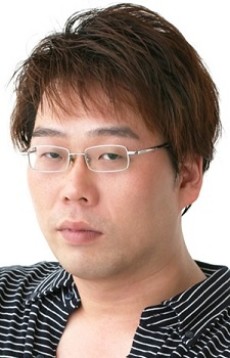
Kenji Nomura
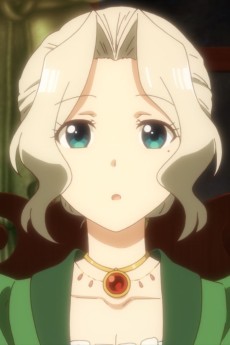
Beatrice de Médicis
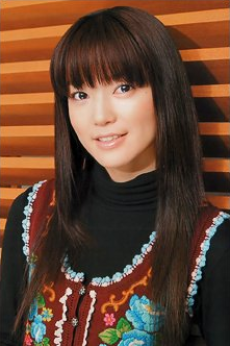
Aya Endou
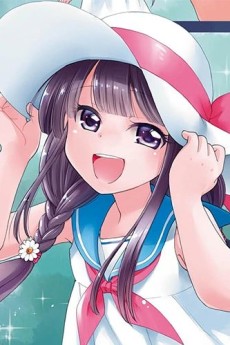
Chiyu Yakutani
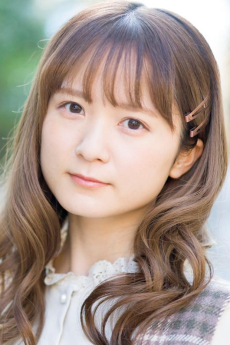
Misaki Watada
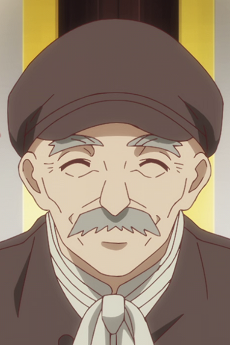
Jean
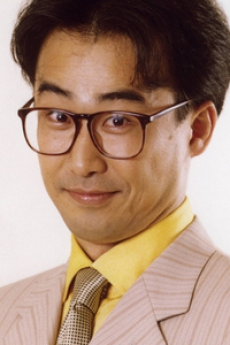
Takuma Suzuki

Pierre
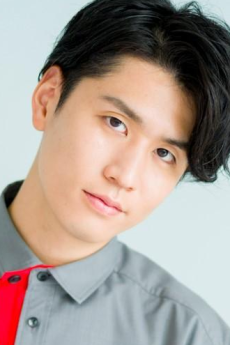
Youhei Azakami
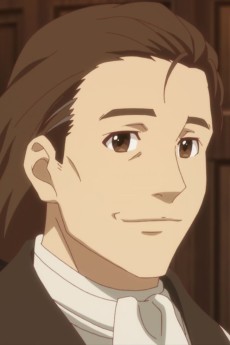
Cédric Luneau
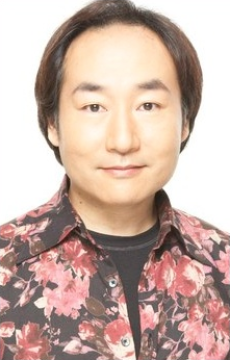
Nobuo Tobita
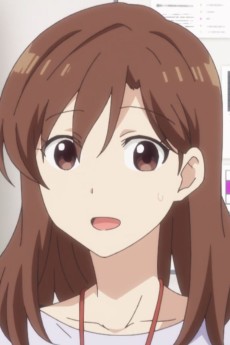
Matsumoto
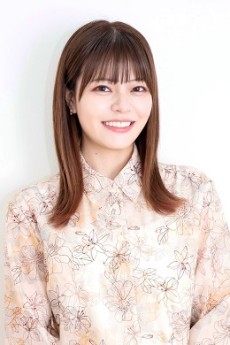
Sayumi Suzushiro
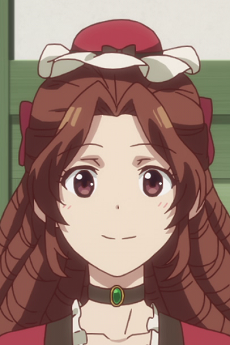
Chloé de Châtillon
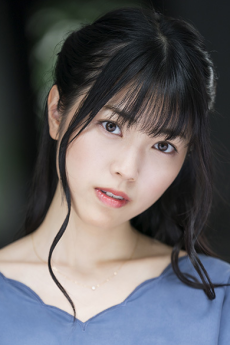
Kaori Ishihara
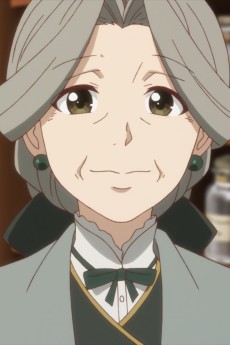
Louise Casper
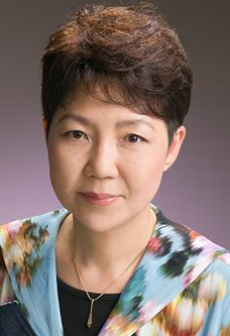
Kiyoko Miyazawa
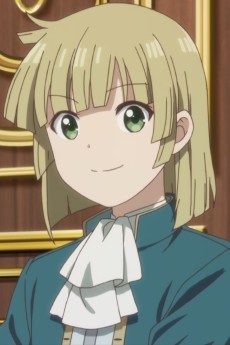
Noah
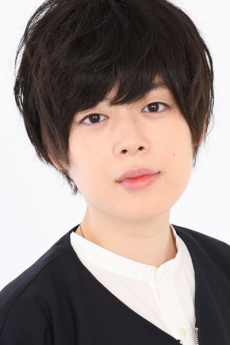
Aoi Ichikawa
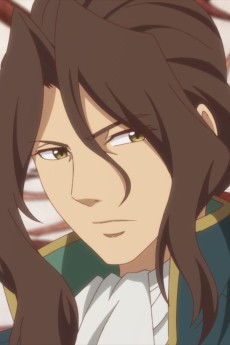
Claude
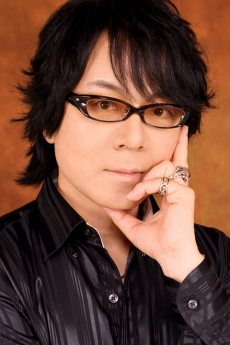
Shou Hayami
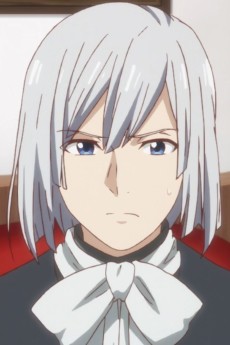
Palle de Médicis
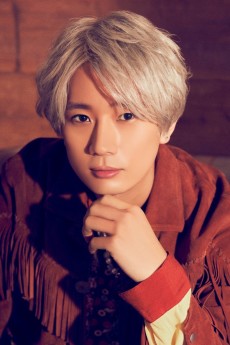
Takuya Eguchi
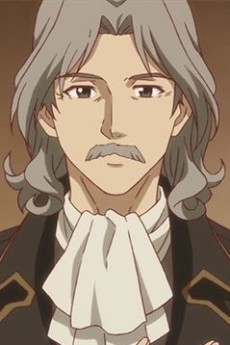
Simon
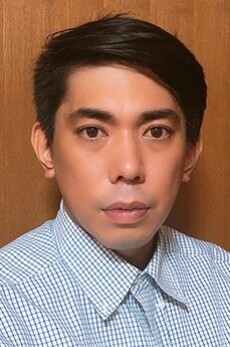
Michitake Kikuchi
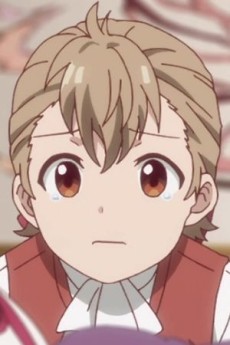
Rui
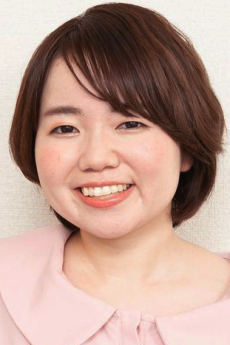
Rie Hikisaka
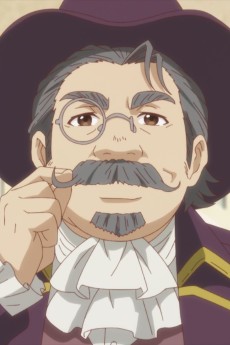
Beron
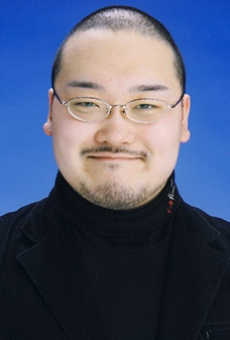
Yasuhiro Mamiya
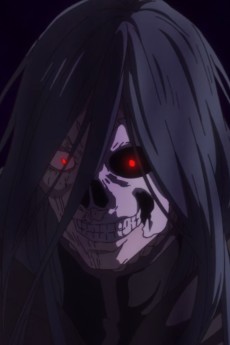
Camus de Sade
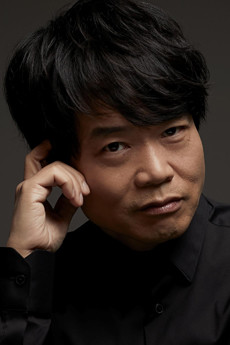
Kazuya Nakai
EPISODES
Dubbed
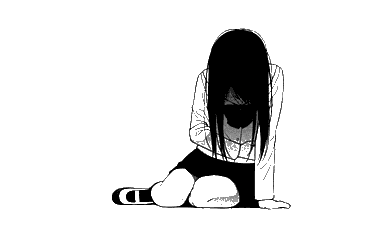
Not available on crunchyroll
RELATED TO ISEKAI YAKKYOKU
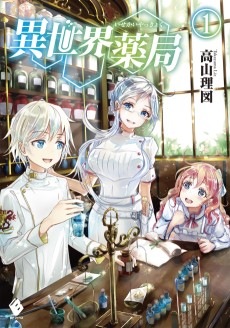 NOVEL FantasyIsekai Yakkyoku
NOVEL FantasyIsekai Yakkyoku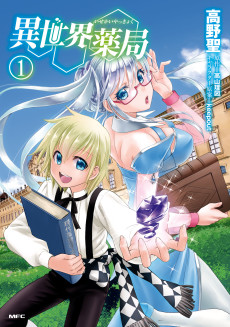 MANGA FantasyIsekai Yakkyoku
MANGA FantasyIsekai YakkyokuREVIEWS

ZNote
41/100Has some spoonfuls of sugar to help its medicine go down, but even so is, sadly, little more than mediocre.Continue on AniListI will confess that, the first time I heard of Parallel World Pharmacy, my mind darted to last year’s Cheat Pharmacist’s Slow Life: Making a Drugstore in Another World, which I had reviewed beforehand. I wondered if I had fallen into some kind of temporal vortex where isekai plots were being recycled even down to the more-specific central concept or conceit. I then had to ask myself why I was watching this one, especially if the premise alone sounded like something that would offer no solid differentiation from the show that came before. But after thinking that, I couldn’t help but wonder – what’s the worst that could happen? At its best, I find a nice little surprise that I look forward to seeing every week. At its worst, it’s a show I can quickly forget about the week after it stops airing.
But to my unexpected relief, there were indeed some pleasant surprises that were within it. Describing Parallel World Pharmacy could best be done not just by explaining what it does, but by the little things that it does to help bring color to a genre whose face has had the color and blood leeched out of it recently. Are these things different enough that the show as a whole warrants a viewing or an earnest chance? Truthfully, I cannot say that it does. It does fall into several of the stereotypical trappings that plague the lesser efforts of the isekai genre, which does mean that if the genre has worn you out, it’s not likely to do anything to change your mind like others potentially might be able to.
The main protagonist of the series, Farma, is emblematic of this simultaneous the-same-but-slightly-different approach. He thankfully does not get isekai’d by the more-conventional route of getting hit by a bus / car / train, and rather dies from overwork exhaustion (which, if you’re not familiar with workplace culture and attitude in Japan, it’s not pretty to read about). He is fortunate enough not to be reborn as a peasant or a working-class child, but as a wealthy son of a famed pharmacist – so to speak, it’s a match made in heaven, an entire bedrock of modern pharmaceutical knowledge being transported to a social environment where he can actually put his skills to use.
As has come to be expected, the powers bestowed upon him are indeed godly. We see through here the usual method of Farma not necessarily knowing why he has the powers he does, but he starts exercising them though the guidance of his teacher. But rather than being hailed as a paragon of magical genius and prowess, he is feared. This sets up one of the main focuses of the story – Farma’s powers both are a blessing and a curse in his new life, and because he is still just a child and does not yet have the prestige of the isekai world’s other pharmacists, he has to metaphorically fight to establish himself anew. Farma’s circumstances are thus woven into the show’s overarching mythology, and in a welcome little spin, it’s one that actually presents more problems for all involved rather than the more-conventional route of simply marking the overpowered protagonist as a praiseworthy savior who dazzles everyone he comes into contact with. Fear is more of an ingredient to making Parallel World Pharmacy work than what I expected, since Farma is, more or less, an alien figure in this already-established, storied universe.
A quintessential part of turning that around is recognizing the larger picture that looms over them. As a wealthy-born child, Farma learns through his interactions with others that there is an inherent inequality in how medicine and treatments are given in the kingdom. Gifted with his second life, he decides to set out and right what he sees as the inherent wrong that only those with the means to afford them get their medicines, while others have to settle for questionably-fraudulent scraps. As a result, Farma’s character is defined less by his fantastical powers and more by his altruism, being willing to give aid (publicly or secretly) to those of all socio-economic standing. The best scenes in the anime are when he’s talking to his patients, nursing them back to health both with his powers / medicines and in the comfort of his words. He does not just go through the motions of “giving care” like other doctors might, writing prescriptions and then shooing you out the door for the next patient – he actually does care in more than one sense of the word.
And it’s good that Farma’s inherently-altruistic attitude is beautiful, because the animation and overall aesthetic sadly is not. The color palette and sense of shading here is unfortunately not employed to any real eye-catching degrees. There is also a prevalence of some rather bright shots, where the lighting employed seems to wash out any other potential color schemes and tones that might have existed otherwise. While a couple of action-oriented scenes exist, or moments of demonstrating magical powers do manifest themselves every once in a while, the priority towards the production did not seem directed to making the visuals stand out. Studio Diomedéa’s most-notable visual shows tend to be when they indulge in darker or more inherently-brooding somber or dramatic moods (which could also just be chalked up to art and color direction). Since Parallel World Pharmacy doesn’t have many moments like this, the series feels aesthetically constrained.
It also manages to feel constrained in how it uses other characters. Like many other isekai before it, the series has such a strong protagonist (in power, if not in characterization) that much of the rest of the cast doesn’t quite ever feel as appropriately developed or engaging enough to feel justified being there. The two main female characters stand out in this respect. Lotte sadly does not develop into anything more beyond being a token cute female character who helps Farma out, while Eléonore gets shafted pretty badly. Although conceived as a character that is knowledgeable about her world and the Divine Arts, and is likewise altruistic, she eventually is relegated to little more than helping Farma. It’s a shame too, because the plot does give her an opportunity to develop into something more self-actualized and capable in the season’s final arc, though the narrative does not give her the appropriate time to follow suit.
The other ancillary members to the cast work best when they tie into that overarching problem I mentioned before about Farma being a fearful figure rather than an endearing one. When Farma’s powers manifest problems for the world rather than simply in chatting with other people, it manages to make the players involved more interesting, and the subsequent drama that ensues carries more weight behind it, even if that weight is not anything especially noteworthy. Yet, these moments are too few and far between in the course of its twelve episodes, despite the best efforts to frame them through cliffhangers as being significant.
But there are three final things that ultimately make Parallel World Pharmacy stand apart, which I would be remiss if I did not mention – one is that there is a beach episode that actually progresses the plot forward rather than being a shoehorned-in display of fanservice. Aside from the fact that the fanservice in the episode is incredibly tame, it also ties into another aspect, which is that there is no harem romance in this series. As a result, the female characters in the show are never presented to be overly-sexualized, or in a way that makes it clear they mostly serve to exist as candy for the viewing audience. Even if the actual characters that lie therein are not special, I sincerely appreciate the restraint shown here.
The last element to mention is that there is a flexing of knowledge on display throughout the series. A common convention of light novel or light novel adaptations like this is the idea of an author basically showcasing their interest or knowledge in a specialized subject, and then writing a story tailoring to that interest. Rather than a hodgepodge of various ideas, original author Liz Takayama keeps the focus squarely on pharmacology and virology, so there’s more of a solidified through-line in the material. Everything else surrounding it is mixed-at-best, but then again, this is also Takayama’s first published story, so we have to take that into consideration as well.
Parallel World Pharmacy has some spoonfuls of sugar to help its mediocre medicine go down, which do indeed provide some relief. It will never be confused as a series injecting new life into the isekai genre, and several aspects of its presentation are little more than standard for what the genre can offer. But in the handful of times that it manages to find the right formula, it can be a nice little time. It’s just a shame that there was not more of them. If his powers translate to metaphysical ideas, maybe Farma should open a pharmacy for the genre as a whole. At the very least, we’ll get to meet that one character who loved the sailor candy again.

Christian
80/100Not even a rushed final confrontation stopped this series in being wholesome :)Continue on AniListSince watching a pharmacist isekai comedy last year, I fell in love with the setting of being a pharmacist in another world. That's why when I watched "Isekai Yakkyoku" coming in Summer, it was a must-watch for me. Now, the artwork at first promises an SOL type of adventure with a few comedy doses here and there. But the series took the pharmacy setting too close and offered a believable MC with a sober past life and a significant focus on an "Iyashikei" style of telling the story.
What's the first thing this series does right? Tackling one of the most significant weak points of the average isekai and that is, offering a beefy story for the past life of the main character. Although it still sins on offering short moments for this telling. Our main character is an actual pharmacist enslaved to his job due to the guilt of losing his sister when he was young. This situation dictates most of the main character's actions in the new world and his motto of always doing his best to help others.

This theme of doing the best to help others is the main motive of the main character and his motto and how many conflicts in this series are solved. Ad while doing so, defeating some of the tropes of the isekai genre. Evil church? Nope, they can't be bad in front of the wholesomeness of the MC. And more... and that brings me to the beautiful storytelling.
Instead of simple SOL stories or comedy limited to raunchiness or "jokes" that cause boredom, like other isekais in this season, "Isekai Yakkyoku" tries the wholesome approach with heavy storylines of people having another chance or being moved by the MC actions to do more of what they would have done on their own. As the protagonist's goal is to have a Pharmacy share his knowledge in the new world and help people with fewer resources, he will meet new people and encounter a few enemies along the way, and this is how the series will introduce new characters who will be friends or foes along the way.

Some of these stories have potent effects on the viewer; episode 8 was the most powerful in that regard, with the story of the pharmacist who decided to sideline with Falma.

Now, those moments have a powerful ally in their delivery; the music and the tracks chosen were perfect to deliver the wholesome effect in each of them. Even the ending, which undoubtedly got a rushed villain and a rushed conclusion, had powerful wholesome moments in the end. Aside from other isekais, it offered a satisfying conclusion without setting any new season or any dormant villain around there. And that's another refreshing thing to see, a proper ending, no setups, just a stunning conclusion on the aftermath of the events of the last episodes.
All seiyuus did a terrific work. The opening and ending were beautiful, and what more can I say? It's a crime this series doesn't have "Iyashikei" as the most prominent tag. We need more series like these; more takes on the isekai genre far from the harem power fantasies, more stories like this and Ascendance of the Bookworm.
I'll rate this series as a 08/10. Series like this sell its source material pretty well, as I'm wondering if the light novel also has that lovely and wholesome feel as this anime adaptation.
Thank you for reading! ^^


ElfChika
70/100A Good Vibes Isekai Making a Small Step in the Right DirectionContinue on AniListIn an oversaturated market dominated by cliché trends, I appreciate that Parallel World Pharmacy at least attempted to be something different. Instead of the usual "main character gets ploughed into another world by an oncoming truck" troupe that's been used so much it's been memed to death, Farma, our main character, overworks himself trying to cure an incurable disease that led to the demise of his little sister.
Already we, as the audience, can sympathise with him. The loss of a close family member is never easy to take, especially when you were as young as Farma was when he lost his little sister. This establishes his motivations of not wanting others to go through the pain he had gone through as a young boy well. It lends him some emotional weight a lot of Isekai protagonists would do well to follow.
Upon waking up, he finds himself in another room and in another body entirely. As a doctor with high education, it feasibly doesn't take him long at all to rationalize he's been reincarnated into someone else's body, this being the original Farma who died upon being struck by lightning. Because of this, the markings the new Farma found on his arms were at first believed to be a Lichtenberg figure; a lightning scar. Even as his adorably cute attendant says otherwise. It's honestly believable that he wouldn't believe he's a god right off the bat. The first episode does an adequate job setting up the world and building suspense, getting the reincarnated Farma accustomed to the world with the plausible excuse that he's suffering from memory loss following his "fatal" brush with death. This also allows for natural exposition. As Farma learns about the world and his new family, so do we as the audience. We learn he has another little sister and how subtly that hits him as well as him being reborn into a family of noble pharmacists.
Standard stuff really. The series "The World's Finest Assassin Gets Reincarnated in Another World as an Aristocrat" has already used the concept of a character reborn into the exact profession of his previous life.
It's also here in episode 1 where we get introduced to this world's magic; aka Divine Arts. The series does a more than sufficient job portraying it as magical while keeping it simple to understand. Farma's left hand has the power of creation while his right hand possesses the power to erase, and as long as he knows the components of whatever he's making, he can more or less create anything. I do like how much of his overpowered medical prowess comes from his own knowledge he obtained through years studying through school, rather than his Divine Arts. It acts merely as a compliment to his already impressive knowledge instead of a tool or device that conveniently hands him all the answers.
He gets gifted a unique eye power he ended up dubbing "Diagnostic eye" or "Divine eye." This was also naturally revealed to the viewer.
After his first magic lesson went terribly wrong due to the reveal of his godlike power, his teacher's glasses slid off her face. Near-sighted, she struggled to see without them, so Farma suggested she uses the eye of a needle approach by covering her eyes with her open fists. As he demonstrates this, though, his world turns a dark shade of blue and part of her finger lights up as though he were performing an X-ray on her, revealing she sprained her finger. She freaks out knowing this is a trait the god of their world possessed, even more so when she sees he doesn't have a shadow.
The whole scene was brilliantly done and felt so natural. I can believe the family wouldn't want to believe their son's drastically changed following a near-death experience. They would just be relieved he's not dead. I can buy a close, but not too close attendant would immediately notice the different in their pupil right away, too, like how Eléonore noticed how wildly different the new Farma-kun was from the original. I can also suspend my disbelief that not many would notice Farma doesn't have a shadow. Really, do we ever pay close attention to people's shadows? It's such a minor detail that it's easy to forget we even have shadows.
There's plenty of suspenseful moments sprinkled throughout the series, too. They don't amount too much, admittedly, but I rather they were there than not. They made me relish and appreciate all the wholesome moments all the more. If there were nothing but sweet moments, then those very moments would gradually lose their effect. Seeing Farma overcome his father's, Bruno's, eventual intense scrutiny when he wanted to cure the queen's tuberculosis, which should've been incurable in their historical world, makes these precious moments stand out all the more.
The series was a good feel anime.
Even the tension Farma's existence brings dissipates and fuels the good vibes the series radiates.This is best exemplified in the maid, Charlotte. An immensely precious character whose cuteness is only embellished by the superb voice acting of Hondo Kaede. Kaede's acting was fabulous, imbuing Charlotte with so much expressive cuteness. She's an absolutely superb voice-actress that I've now favourited. She earned her role as, ironically enough, "Honjou Kaede" from the anime BOFURI: I Don't Want to Get Hurt, so I'll Max Out My Defense.
Parallel World Pharmacy is just a good vibes Isekai. If you're looking for something a little more laid-back without any silly harem antics, I would recommend it. The tension can be undercut and swept away rather easily considering how powerful Farma is, and the final villain was unceremoniously defeated in the only and final episode he appeared in (seriously disappointing considering he had been foreshadowed a bit with Bruno knowing him) but it has plenty of wholesome, tender moments that I'm sure you would enjoy.
Characters - 7.5/10
World Building - 6.9/10
Animation - 9/10
Score - 6/10
Story - 7/10Overall - 6.8/10
SIMILAR ANIMES YOU MAY LIKE
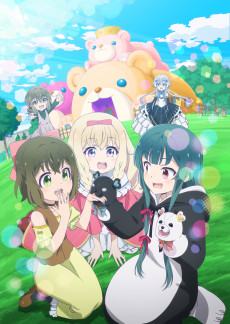 ANIME AdventureKuma Kuma Kuma Bear
ANIME AdventureKuma Kuma Kuma Bear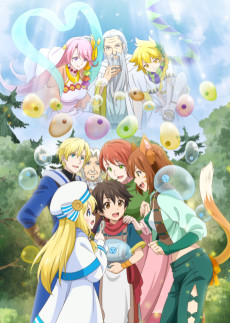 ANIME AdventureKamitachi ni Hirowareta Otoko
ANIME AdventureKamitachi ni Hirowareta Otoko
SCORE
- (3.6/5)
TRAILER
MORE INFO
Ended inSeptember 25, 2022
Main Studio diomedéa
Trending Level 4
Favorited by 1,392 Users
Hashtag #異世界薬局

